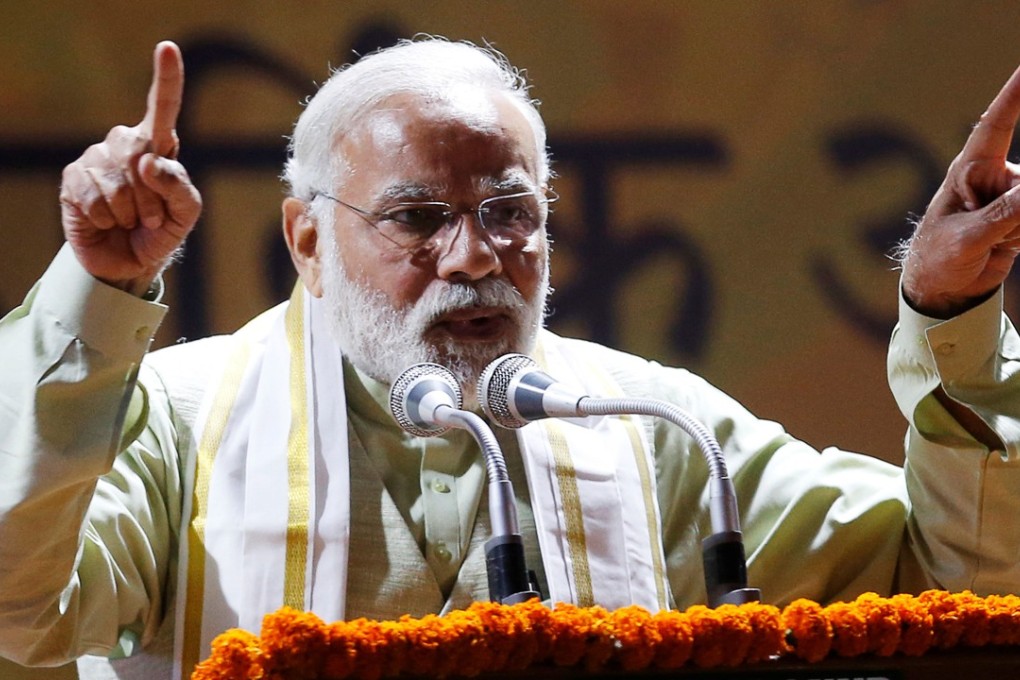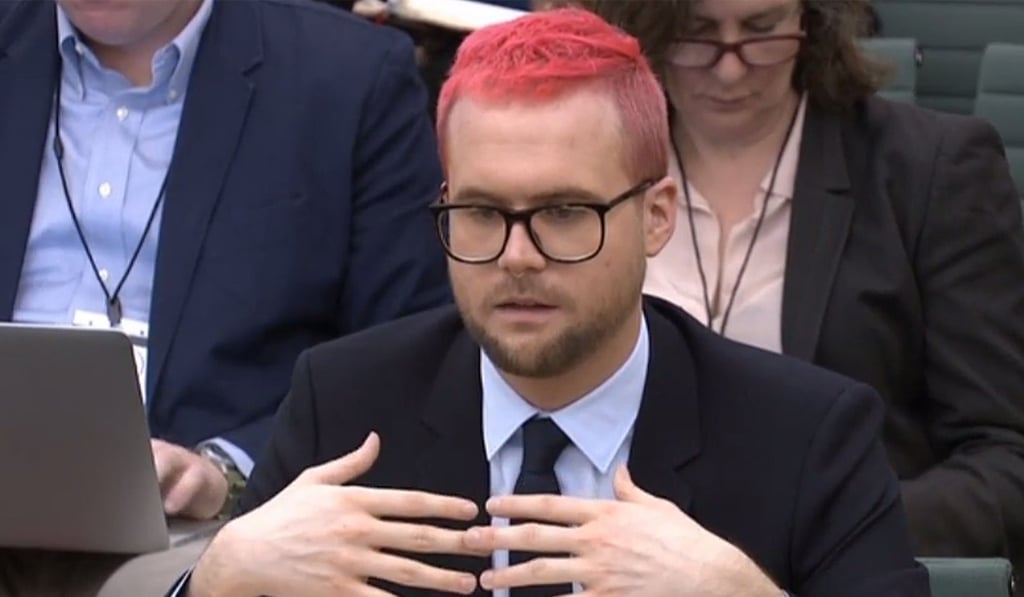Cambridge Analytica in Asia: modern-day colonialism, or empathy in the digital age?
As the big data scandal embroils politics from India to Indonesia and Malaysia and beyond, some say psychological profiling is getting out of control – others say it is just an old trick in a new form

From India to Malaysia, Indonesia to Thailand, Asian politicians are realising this week that they won’t be spared the blowback their Western counterparts are facing over controversial data-driven campaigning practices that have been thrust into the spotlight by the Cambridge Analytica scandal.
Since the initial blitz of revelations in mid-March about the British-based data-mining firm’s alleged illegal use of Facebook data from millions of US voters to aid Donald Trump’s 2016 presidential campaign, a continuing trickle of information is showing such electoral skulduggery may have taken place in this part of the world too.
Malaysia’s Najib denies using Cambridge Analytica, accuses Mahathir’s son
Christopher Wylie, the former Cambridge Analytica data analyst-turned-whistleblower, on Wednesday tweeted that the firm had done “extensive” work in Indian politics in the past decade, wryly adding that such campaigning by a Western outfit was akin to “modern-day colonialism”.

That intensified a headache for Indian Prime Minister Narendra Modi’s ruling Bharatiya Janata Party (BJP) – which had been trading barbs with the opposition Congress party over whether the opposing side had been using the tainted firm’s services.
Wylie did not confirm either party had used the firm, but the information he released about India showed that SCL Group – Cambridge Analytica’s parent company – had done work for a “national party” and a “major state party”.